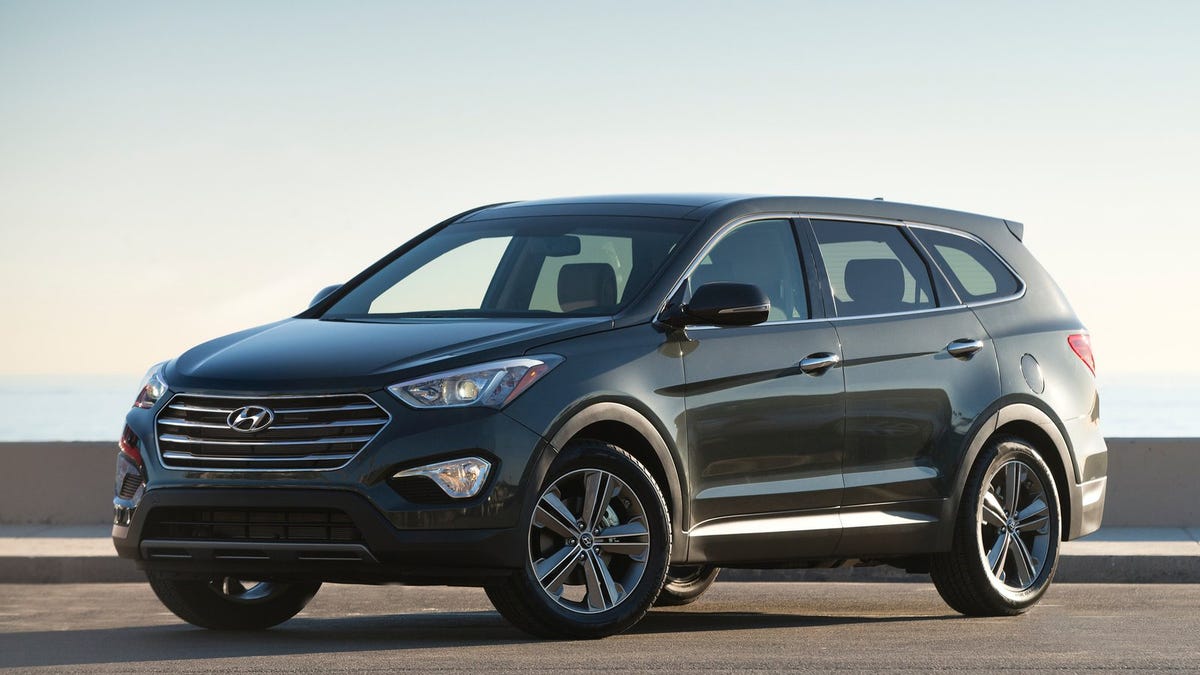Hyundai, Kia recall over 1M vehicles for engine gremlins
A manufacturing error is to blame for engines that might seize up.

Hyundai and Kia manufacture their own engines, and a recently discovered manufacturing error might send more than 1 million of those motors to an early grave.
Hyundai and Kia announced separate recalls for the same issue. Hyundai's recall covers approximately 572,000 examples of the 2013-2014 Santa Fe and the 2013-2014 Sonata. Kia's recall affects about 618,160 examples of the 2011-2014 Optima, 2012-2014 Sorento and 2011-2013 Sportage.
When your engine starts making knocking noises, never continue to drive it. Find a safe place to stop and shut the engine off.
All the vehicles in question possess one of two engines -- a 2.4-liter, direct injected, naturally aspirated I4, or a 2.0-liter turbocharged I4. The motors carry varying build dates between 2010 and 2014.
Manufacturing errors are to blame for this issue. Apparently, metal debris wasn't completely cleared from crankshaft oil passages, and a second error produced surface roughness in the crankpins (crank journals). These two factors may limit oil delivery to the connecting rod bearings, which allow the connecting rods to move freely.
As the bearing wears from encountering a rough surface with a lack of lubrication, the engine may start knocking. If the driver doesn't realize what's wrong, the bearings may fail, which could seize the engine and doom it to the scrap heap. A seized engine also creates a safety hazard if it happens while the vehicle is on the road.
Both dealers and owners will be notified in May, the latter by first-class mail. Owners will have to head to the dealership, where technicians will inspect and potentially replace the engine. If owners already shelled out for repairs, they'll have to go through the motions with Hyundai or Kia to get reimbursed.

